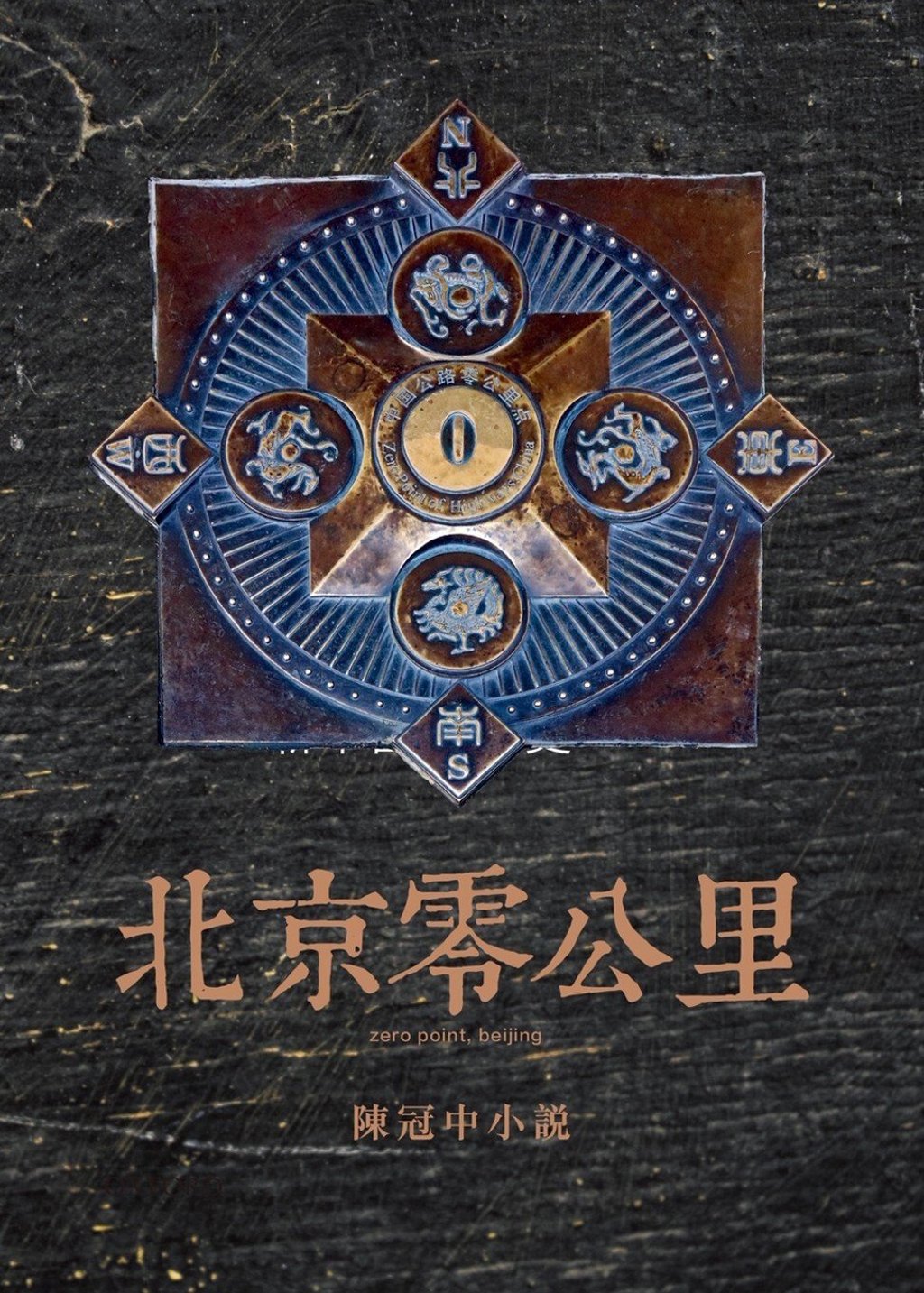An alternative view of Beijing history over eight centuries of unparalleled power in Chan Koonchung’s new novel
- ‘Zero Point Beijing’ follows a boy trapped in the netherworld and his search for truth over 800 years of the Chinese capital’s history
- The book weaves together a bloody historical account of the country’s feudalistic autocracy

The protagonist in Chan Koonchung’s new book Zero Point Beijing is a 14-year-old student shot dead on June 4, 1989, in Tiananmen Square. After his skull is split open by a bullet, he finds himself in the netherworld. There, he goes on a search for truth in history, studying books and historical literature day and night.
“[I am] in a world of no listeners … What should I say? … It won’t be passed on, let alone understood … I am just mumbling to myself. I am the only listener,” he says in the book’s opening.
“As I have chosen history as my vocation, I can do nothing but … look for books and magazines, and read them voraciously, shuttling between old and modern history with an obsession … to forever seek knowledge and … talk about history to remedy people’s historical views.”
Chan told the South China Morning Post he felt it was essential to employ the style of magical realism – which paints a realistic view of the modern world while also adding magical elements – when writing about contemporary China.
